News Story
Learn About Fair 2017, but with a difference!
Thursday 29 Jun 2017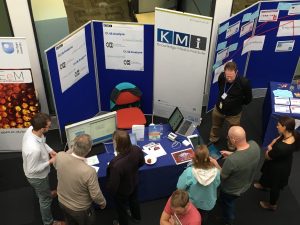
The Learn about Fair 2017 (LAF 2017) came back this year at the OU yesterday bringing something new to the table focusing around the theme of ‘Personalised Open Learning’. KMi participated as an exhibitor showing neat projects for future innovation in teaching and learning; AR/VR developments, Green Data & OU Analyse.
Paul Hogan, in the continuum of last year presentation of Augmented Reality (AR) applications, presented the Introduction to Sport and Fitness and Human Biology Apps developed in partnership with Faculty of Wellbeing, Education and Language Studies (WELs) and STEM colleagues respectively.
The Apps provide a direct and dynamic way for students to learn how human digestion/muscular systems and our heart work bringing to life body systems. The students can navigate through the Apps developing their knowledge by exploring the different body components.
The app includes two AR models (one for Level 1 E117 Sport and Fitness module and one for SK299 Human Biology) and a website. The website allows students to access and share data supporting their course materials in order to record their own daily learning steps and at the same time, compare them with other students developing critical and scientific thinking.
The students can access them not only via phone or tablet camera but also through PC based desktop version or non-AR mode on mobile devices as well.
Following the success of OU Go 3D campus Guide last year, in July Paul Hogan with KMi will be launching the OU Photobooth App, which will be available for students and general public respectively. The App has been developed in collaboration with Liz Ellis from Learning Teaching Innovation (LTI), project manager of OU PhotoBooth.
The app is being developed to allow students to edit their photos and text with OU styled emojis, ‘OUmojis’ and then share on various social media platforms as well as text and email. Look out for new OU photobooth snaps coming soon!
Leaving the augmented reality and virtual world, Chris Valentine captured the attention on the stand on how detect, store and share power generation and the use of data directly from solar PV, wind and solar/geo thermal installations.
The GreenData project collects data every 10minutes using low-cost devices which are quick and easy to set up. The volume of data is expanding all the time as the network of volunteers who have installed these devices in their homes increase, these are mostly in the UK, however, two based in Greece and Austria.
The data captures instantaneously live information allowing students at any level of education to easily access and use in a different way as an incredible open source data.
Today the GreenData project is only being used by course tutors (associate lecturers) in their own teaching of the course.The next goal is to make the data extrapolation and interpretation as an official part of the OU course modules! Challenge accepted!
Students are constantly experiencing hard times during their studies especially in their first year. What can go wrong during my studies? Am I at the right speed? Did I choose the right course for my career or is the module too advanced?
OUAnalyse is a project piloting machine-learning based methods for early identification of students at risk of failing Open University modules. Thanks to a collection of Demographic and Virtual Learning Environment (VLE) data, OUAnalyse creates predictive models in order to detect who is at risk. After detection, the process follows next a justification to show the reason why the model predicted the possible risk of failure. Supplied with this information, the student would be supported by the tutors by intervention and advised on how to improve their performance in the course.
To support the tutor’s decision on how to help the students, Zdenek Zdrahal and Martin Hlosta presented the newly developed personalised study recommender at LAF 2017. Each week, it combines the current importance of the material with the effort student have made so far. Based on this data, the model shows which study materials which are most appropriate to use with respect to each assignment.
The recommender will be piloted in selected courses starting in the autumn semester.
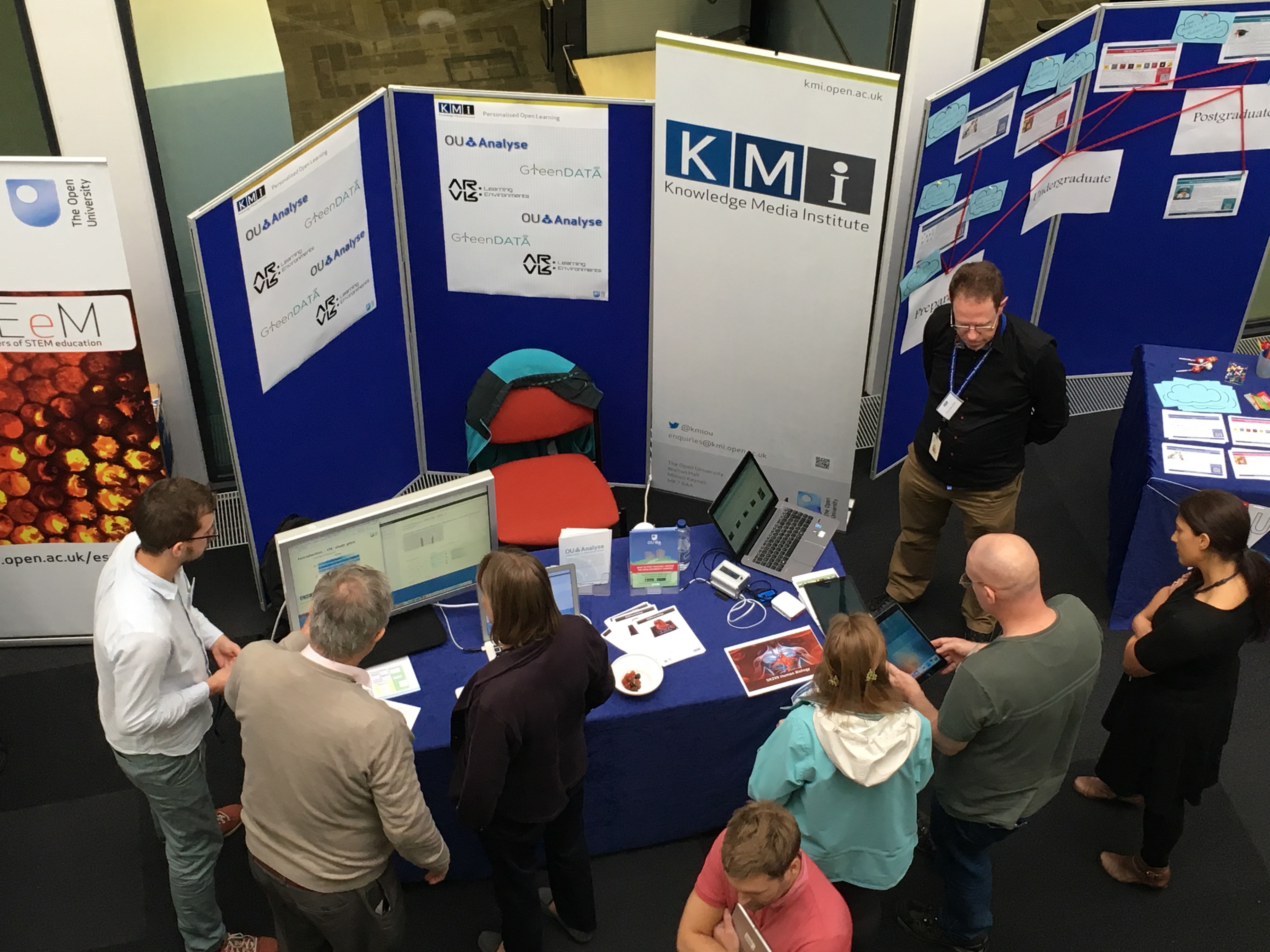
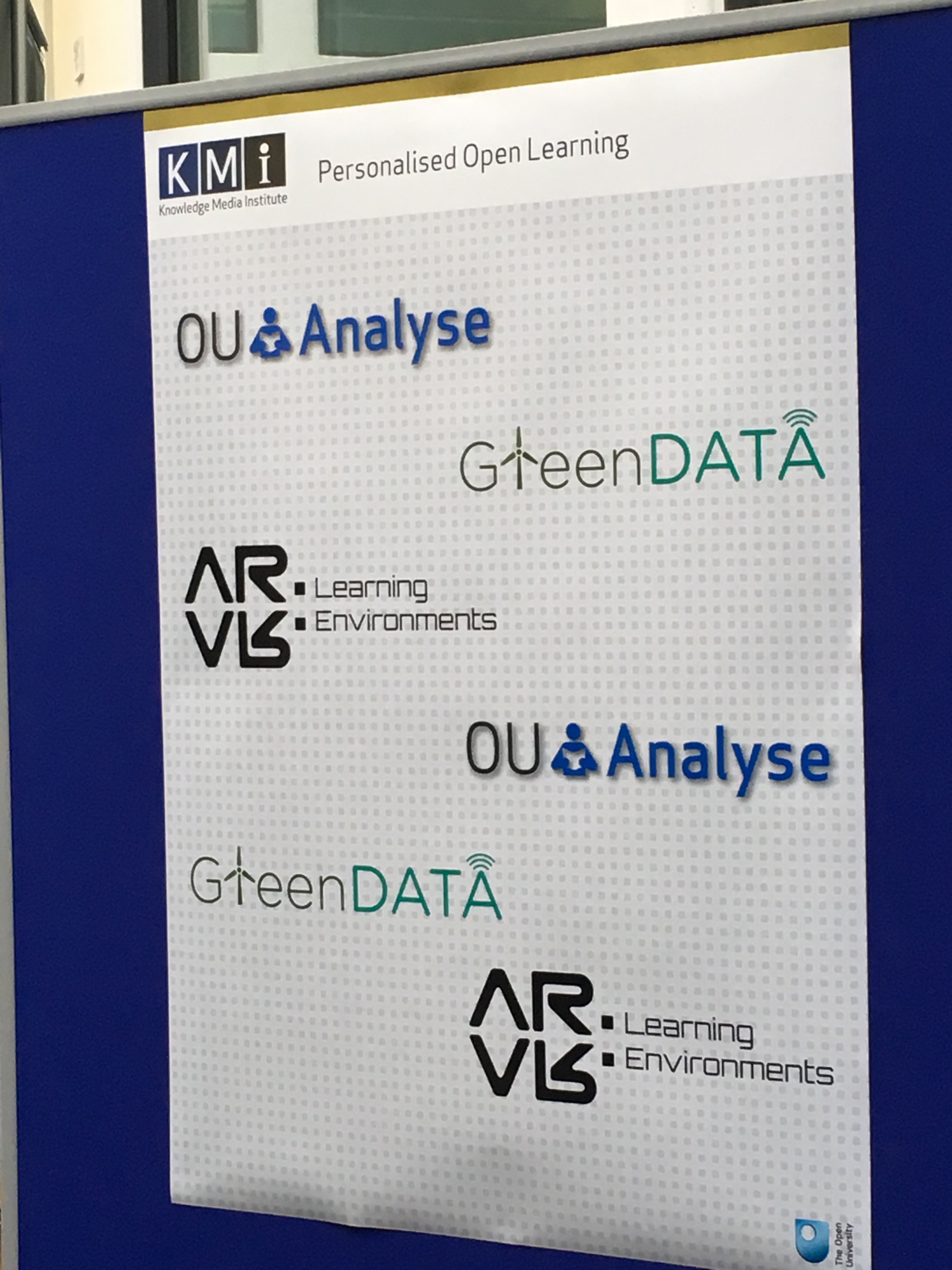
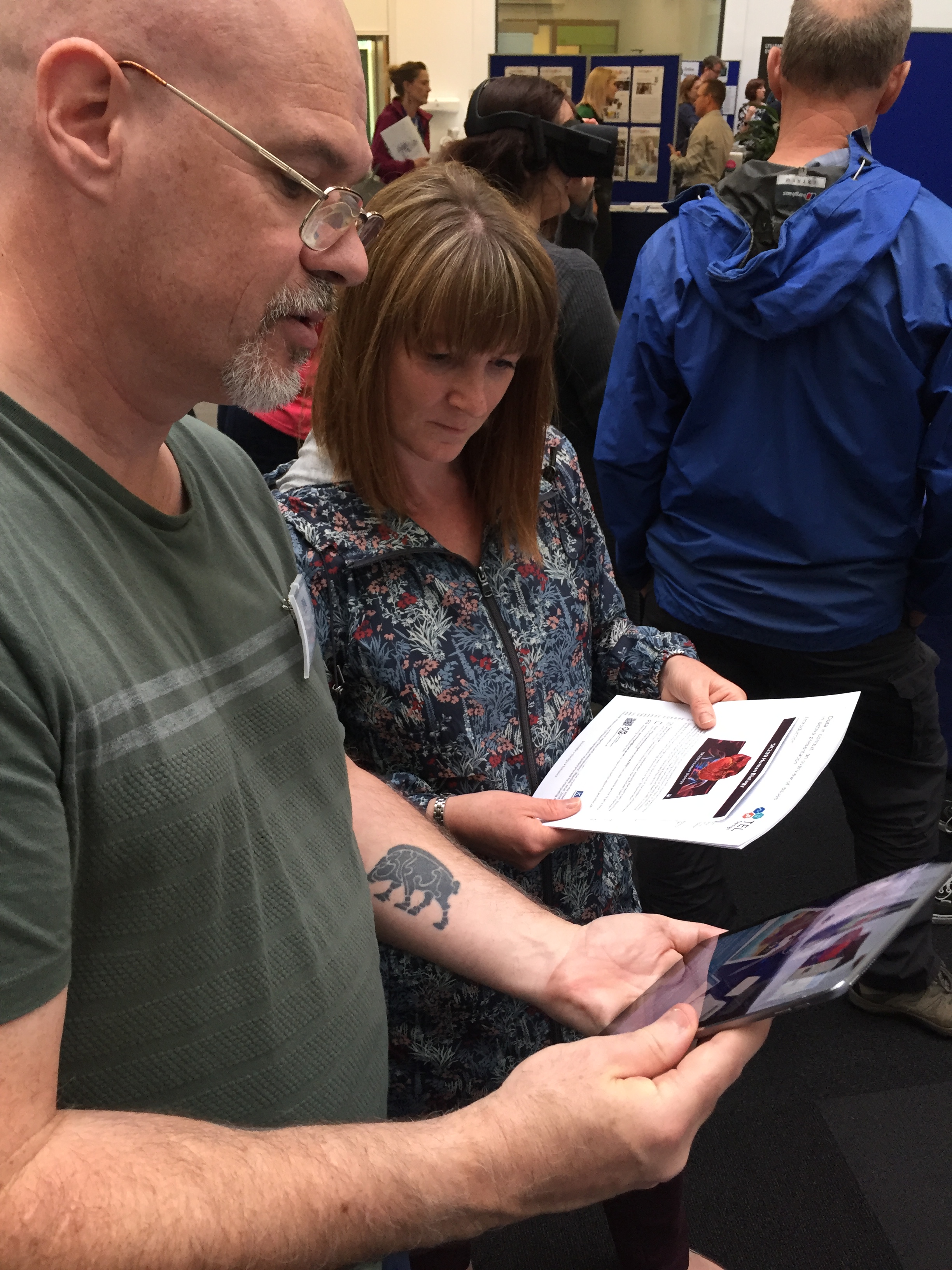
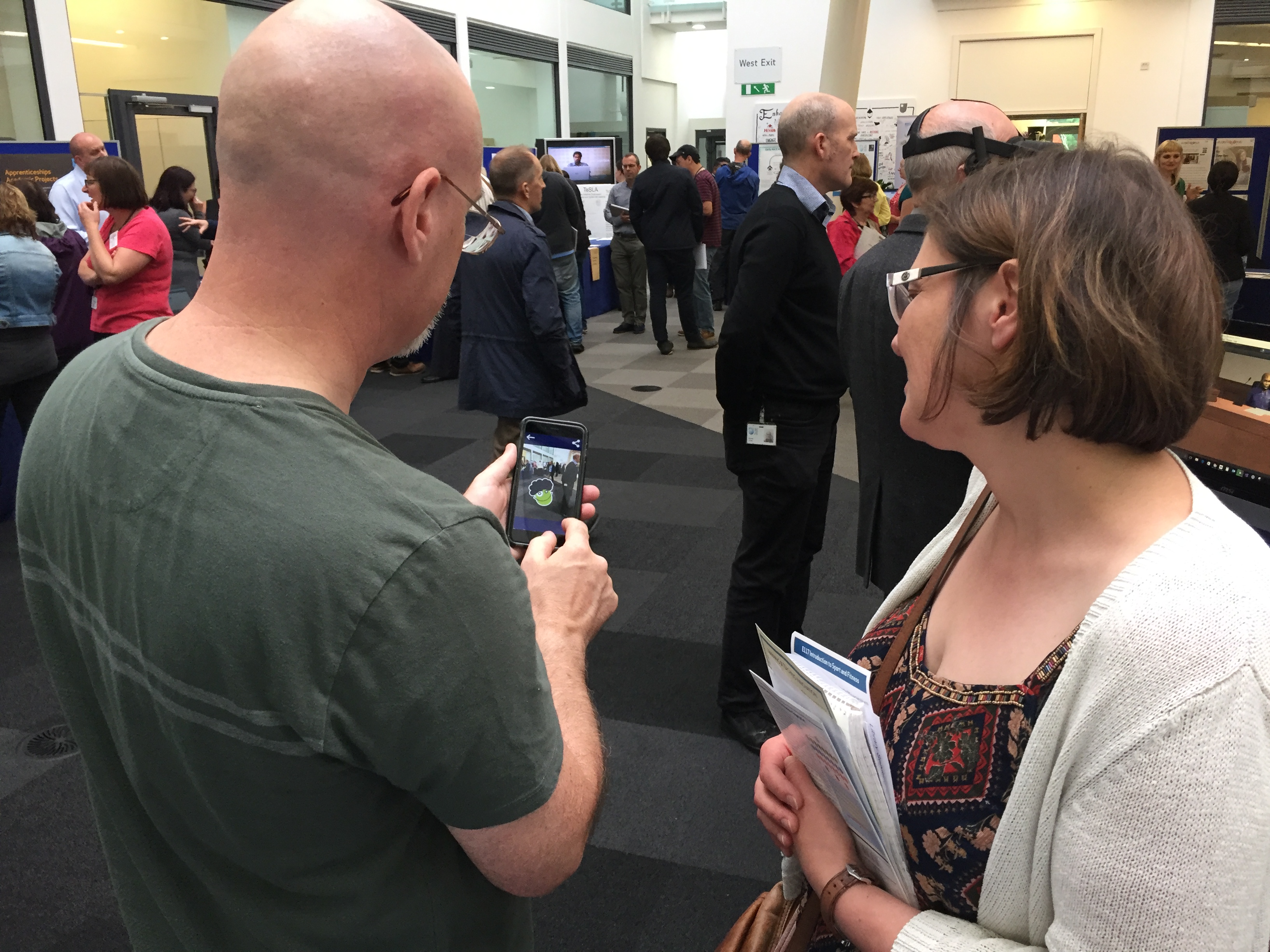
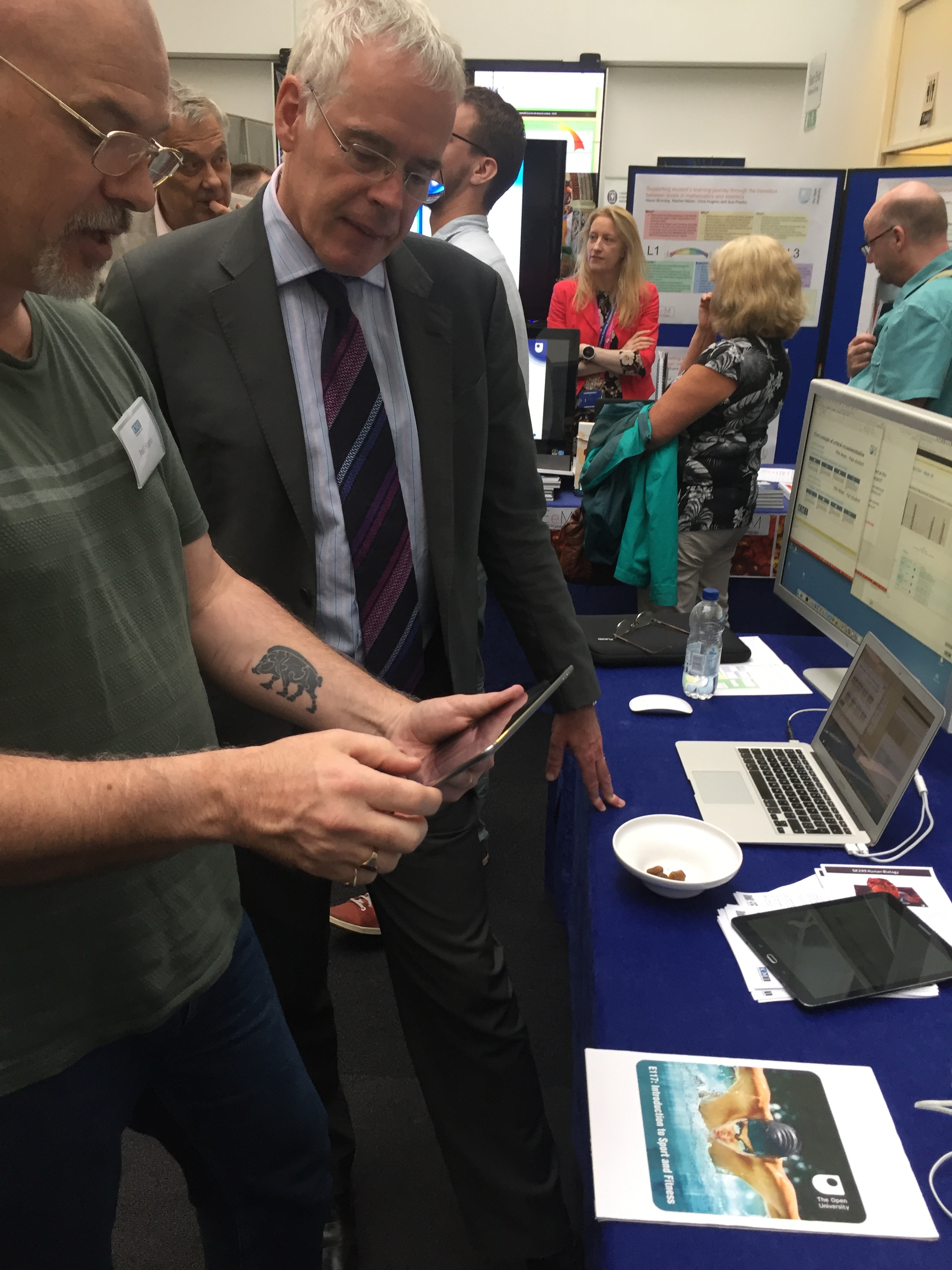
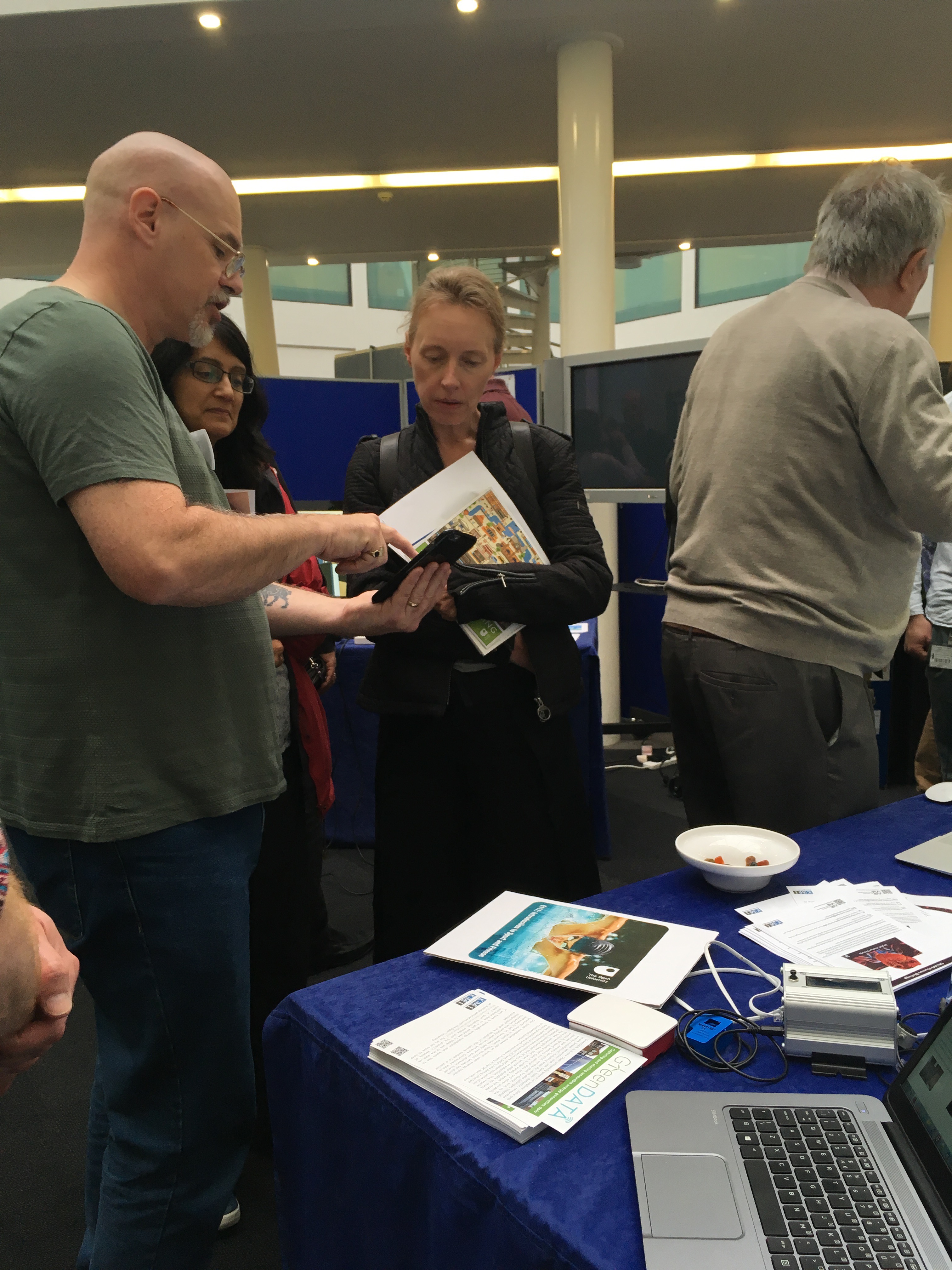
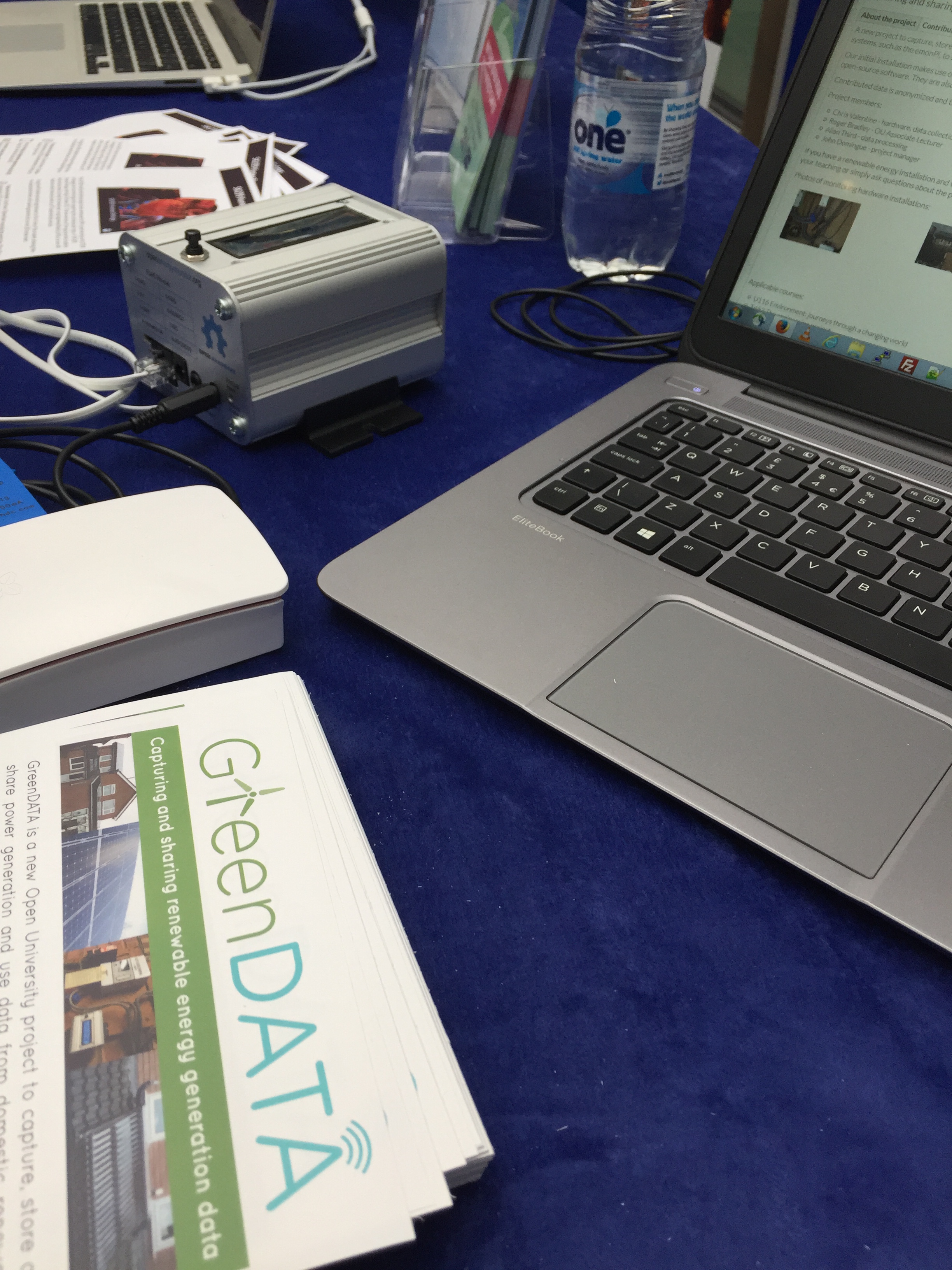
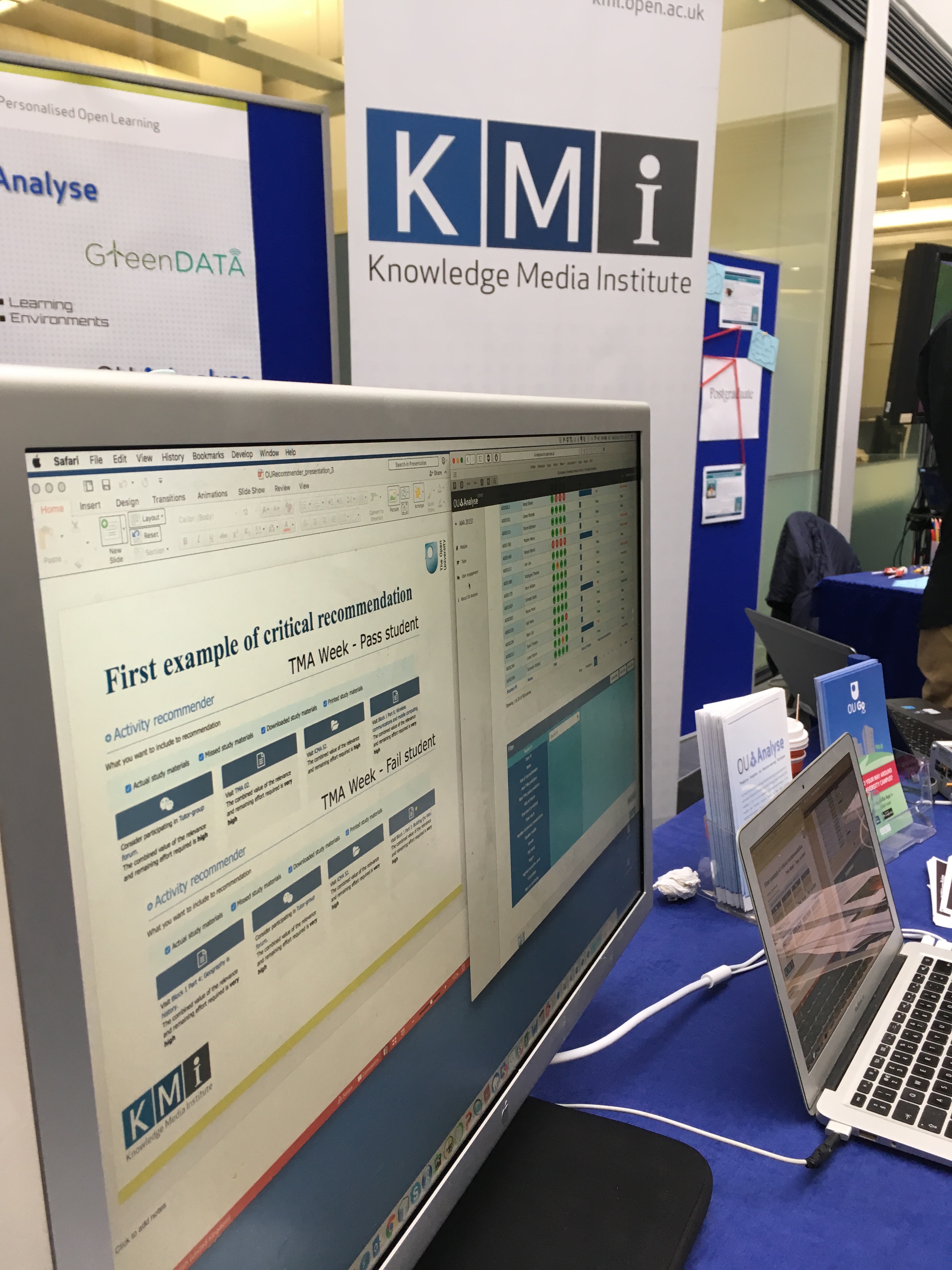
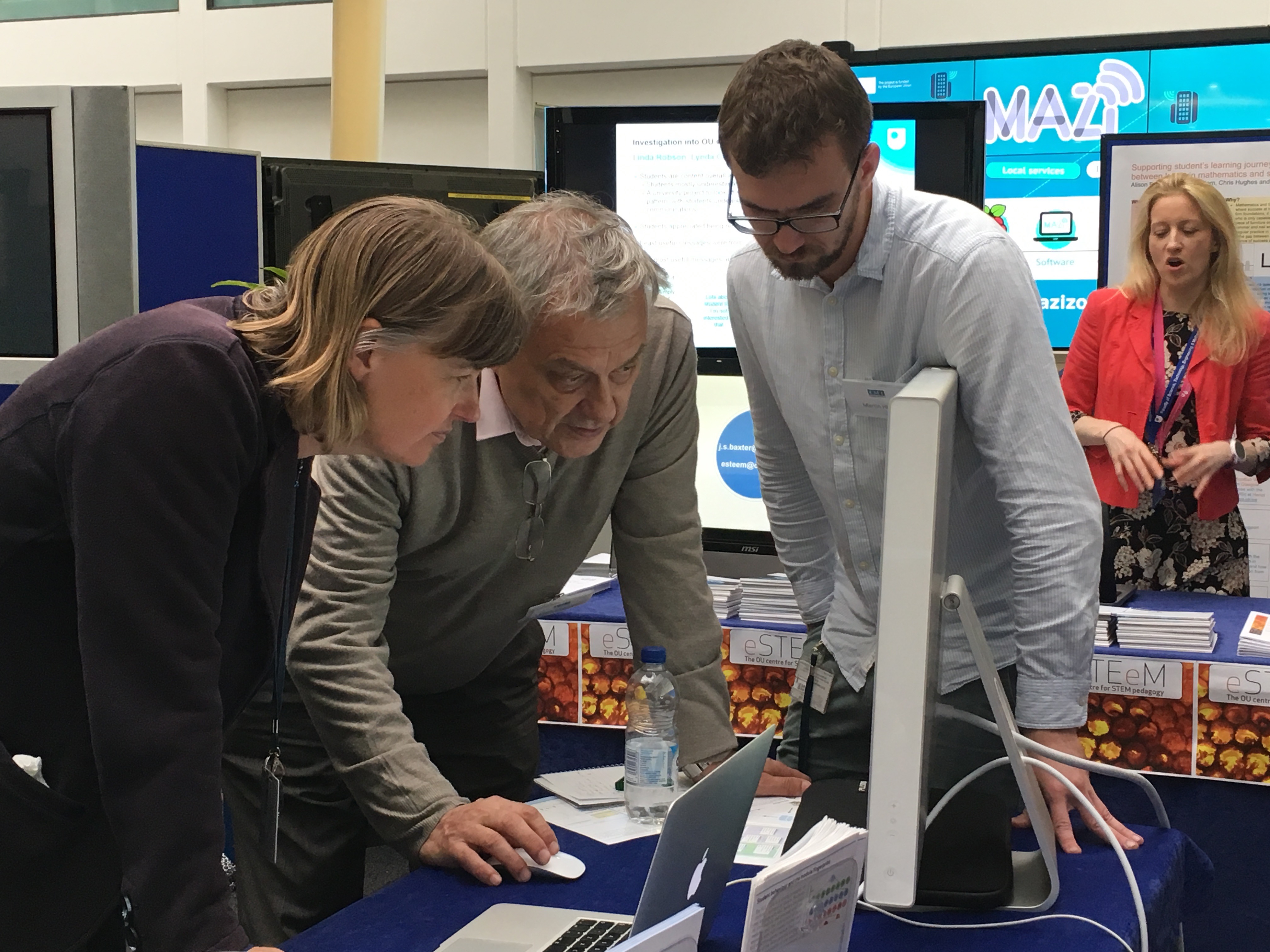
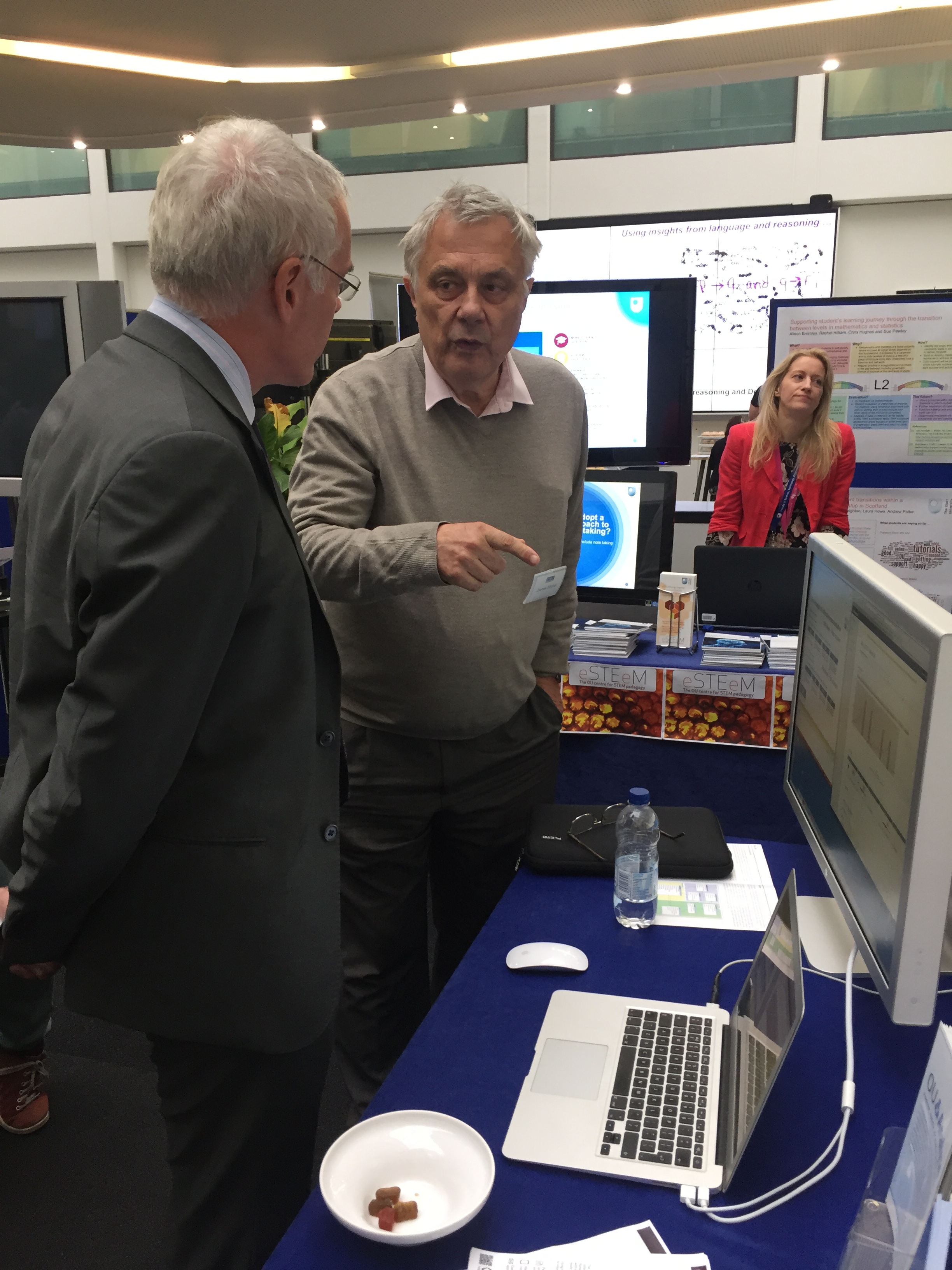
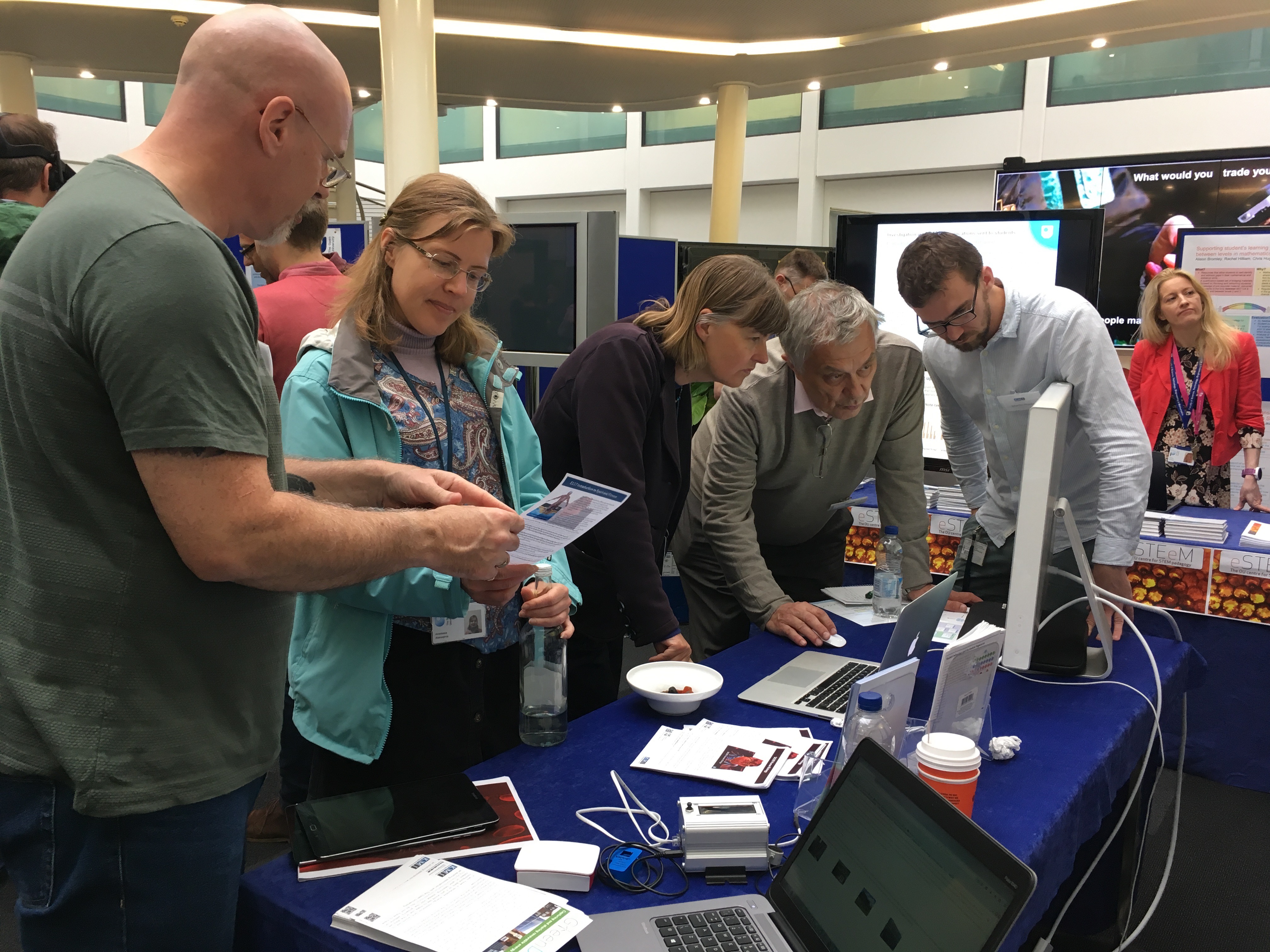
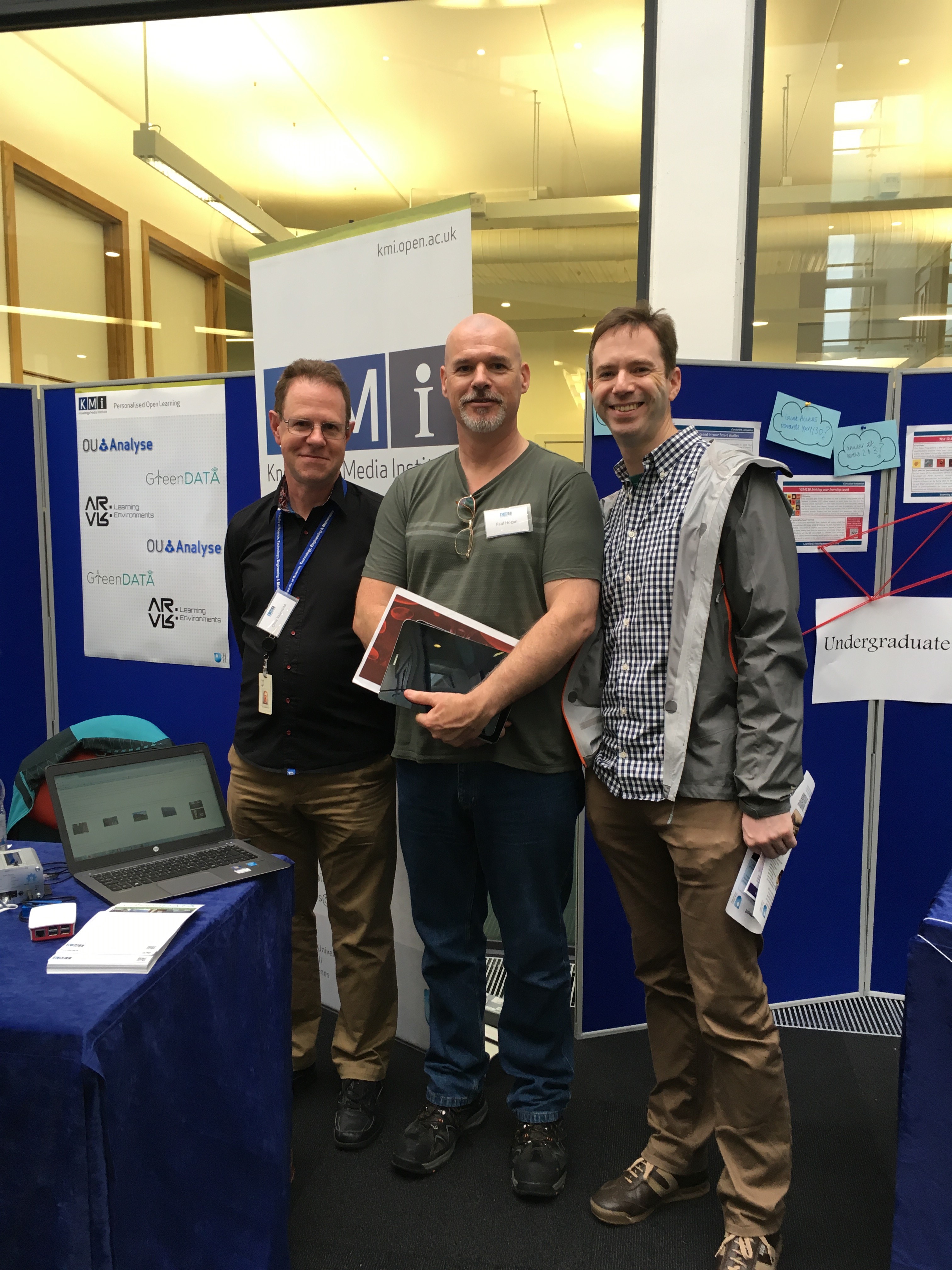
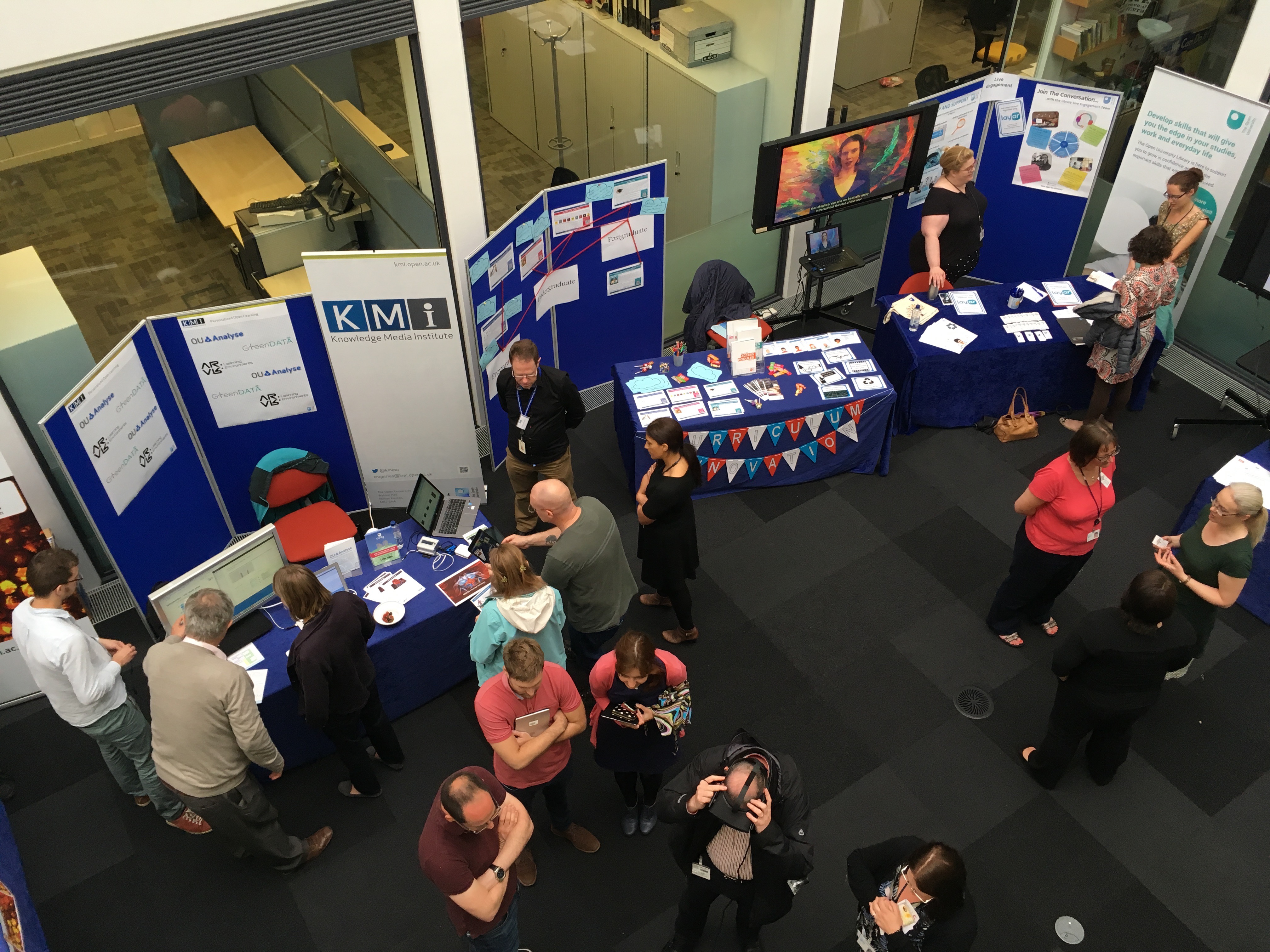
Latest News
PhD Awarded for Groundbreaking Research on Game-Based Cyber Security Training
KMi at the Palace of Westminster: Exploring Blockchain for Society and Economy
OUAnalyse at the Digital Ethics Summit 2025: Advancing Responsible AI in Education

